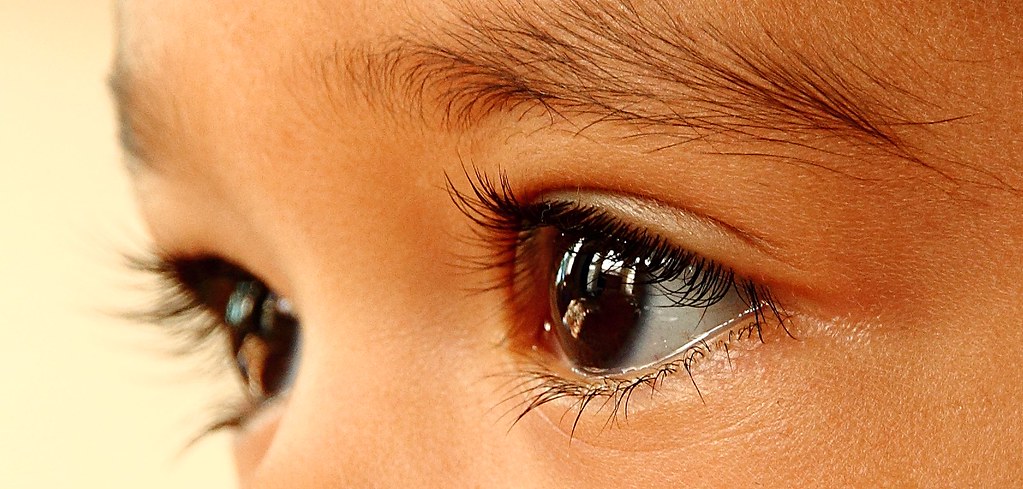 |
| Photo credit: chefalfalfa on Flickr |
When said critique partner pointed out to me, in an old work of mine, that I was using rather flowery language for an allo cishet non-artsy teen boy perspective, it sort of blew my mind. Because I realized, for the first time, that character perspective affects literally every word.
Your character perspective changes:
- what words and phrases are used to describe things.
- what readers know about the world, surroundings, and other characters.
- what readers see in any given scene.
- what readers think about other characters or various situations.
The perspective, in other words, pretty much makes the story.
That's why it's so important to really hone in on our characters' POVs. We need to understand the way they think, the way they speak, the way they feel even when they're trying to hide it, what they care about, what they look at, etc. It really does come down to asking ourselves, "would my perspective character use this word?" or "would my perspective character notice this?" There isn't a single part of the story that perspective doesn't affect in some way, and that's essential to remember.
While it's not something I think you need to worry about too extensively while first drafting, it is definitely important to check—again, and again, and again—while revising. Because readers will notice when a perspective doesn't really fit a character, and long before that, not paying enough attention to perspective will limit your ability to deepen a story and make your characters truly feel memorable and real.
Do you step into your characters' shoes when writing?
Twitter-sized bite:
Author @Ava_Jae says POV should influence every word in your WIPs. What do you think? (Click to tweet)
No comments